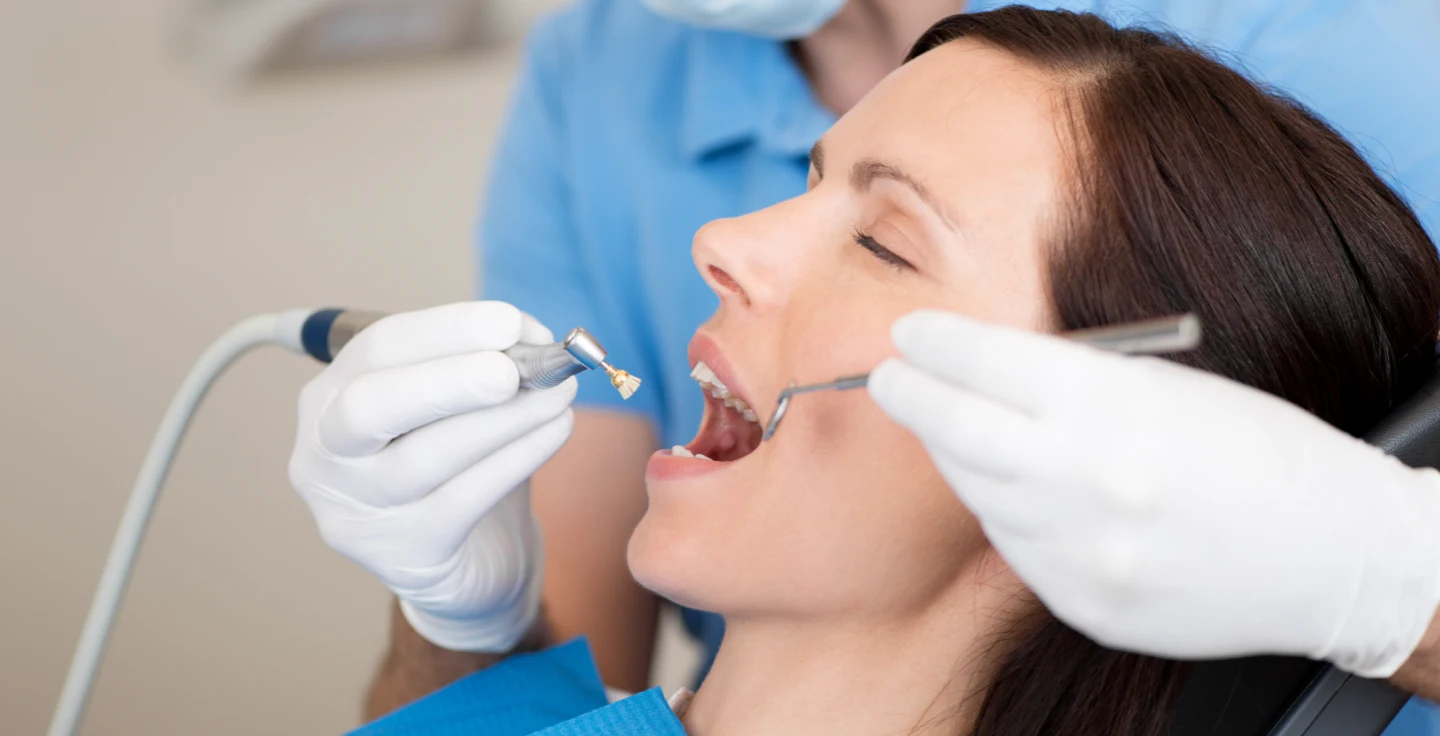Has a cyst appeared inside your mouth? It could be an oral mucocele. Mucoceles are a common form of oral lesion, but they’re generally harmless. As the name suggests, they’re oral mucous cysts filled with fluid.
How do you know if you’ve got oral mucoceles? These bumps tend to be painless, soft, round, and clear, pearly, or bluish in colour. They usually appear inside your cheeks, on your tongue, on the roof or floor of your mouth, or on your gums. Mouth mucoceles range in size from one millimetre to two centimetres wide.
Here’s a handy guide to oral mucoceles – and how to treat them.
Causes of oral mucoceles
What causes mucoceles in the mouth? There are a few things that can cause oral mucoceles to form. The most common is trauma or blockage of a salivary gland. Your mouth is full of these saliva-producing glands to keep your mouth lubricated, but sometimes the gland opening (the duct) can become blocked or damaged. When a tear forms in your salivary gland, it can swell up and fill with mucus, forming a mucocele.
Trauma to your salivary glands is usually caused by biting your inner cheek or tongue. External trauma can also damage the glands, like getting hit in the face with a ball during a sports game. If you have a habit of sucking your cheek or lower lip, your salivary ducts can become blocked.
Other oral mucoceles causes include:
Piercings
Poor dental hygiene
Trauma from intubation
Repeat contact with a tooth.
Oral mucoceles symptoms
Not sure if you’ve got a mouth mucocele? Symptoms of oral mucoceles include:
For cysts near the skin surface:
Moveable and soft
Bluish colour
Less than a centimetre in diameter.
For cysts deeper in the skin:
Round or dome-shaped
Pearly or whitish colour
Tender to touch.
There are two types of mucocele of the mouth: extravasation mucoceles and retention mucoceles.
Extravasation mucoceles form when there is a rupture or leak in the salivary gland duct, which causes saliva to build up in the surrounding tissue. This results in a soft, blueish swelling, commonly found on the lower lip.
Retention mucoceles, the other type of oral mucous cysts, occur when the salivary gland duct becomes blocked, preventing saliva from draining properly. This leads to the accumulation of saliva in the duct and a small, painless bump forms. This can be inside of the cheek, lips, or under the tongue.
How to get rid of oral mucoceles
Both types of mouth mucocele are benign and usually go away on their own. After three to six weeks, it should rupture and heal on its own. Don’t attempt oral mucocele treatment at home. However, if the swelling persists, becomes painful, or grows larger than two centimetres in diameter, you should seek medical advice.
A healthcare professional might be able to diagnose an oral mucocele by sight, or you may need an ultrasound, biopsy, or CT scan. If it’s recommended that you have mouth mucocele treatment for a problematic cyst, there are a few different ways they can be removed.
Cryotherapy – A healthcare professional will freeze the mucocele cyst using liquid nitrogen to destroy it.
Laser treatment – Laser treatment is used to remove the cyst.
Surgical excision – A doctor or dentist can cut out and remove the cyst. They can also remove the gland or help a new duct to form with marsupialisation. Typically, a professional will disinfect the area, put a stitch through the mucocele and tie a knot. The saliva fluid can then be gently pressed out, and the stitch can be removed around a week later.
Oral mucoceles prevention
Cysts in the mouth can be irritating, but luckily there are a few ways to prevent them from forming:
Break bad habits. Don’t bite your lip or suck on the inside of your mouth, as this can cause regular oral mucous cysts.
Quit smoking and using other tobacco products.
Improve your oral health. If you don’t take proper care of your teeth, bacteria can build up in your mouth and block salivary glands, resulting in a mucosal cyst in the mouth.
Make sure you keep your mouth clean and free of gland-clogging bacteria by brushing your teeth and rinsing with mouthwash twice a day.
FAQs about oral mucoceles
Why do I keep getting oral mucoceles?
Recurrent oral mucoceles are common for people who have a habit of chewing their bottom lip or sucking their cheeks. If you keep getting mouth mucoceles, seek medical help from your GP.
How do I treat oral mucoceles at home?
Oral mucoceles usually rupture and go away on their own after a few weeks. Don’t attempt any home remedies for oral mucoceles. If you have a large, painful, or persistent cyst, seek medical advice from a professional who can recommend the best oral mucoceles treatment.
Should I worry about oral mucoceles?
Oral mucoceles are generally nothing to worry about. They tend to disappear on their own after a few weeks. If you’re worried about a mouth mucocele, or you have a cyst that isn’t going away, seek medical advice from your GP.
How do you stop a mucocele from growing?
To prevent mucoceles from forming, practice good oral hygiene and avoid biting or sucking your lips or teeth. If you have a persistent mouth mucocele or one that keeps growing, seek medical help from your GP. They may recommend removing it with surgery, cryotherapy, or laser treatment.
